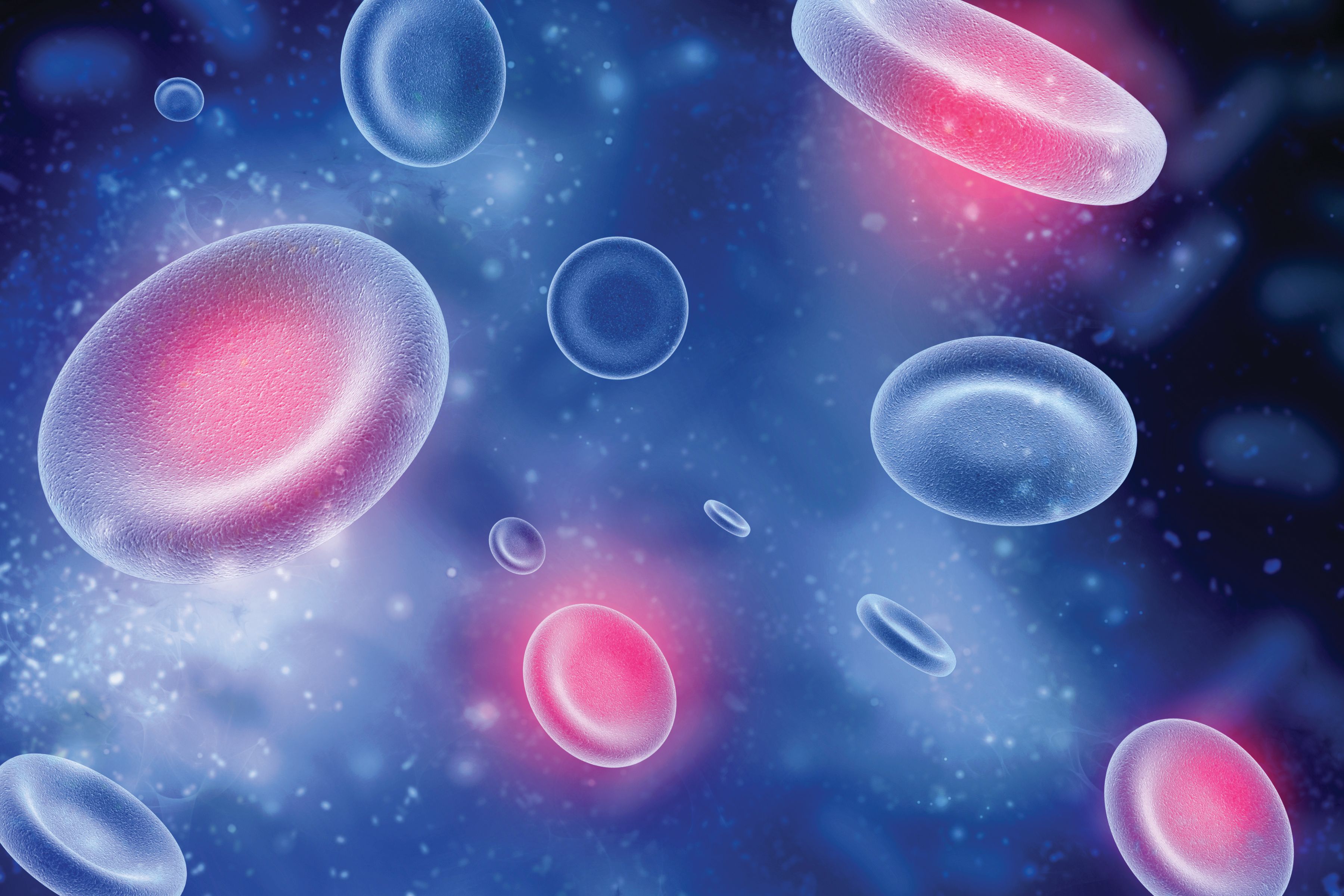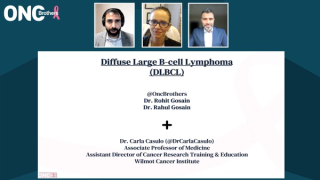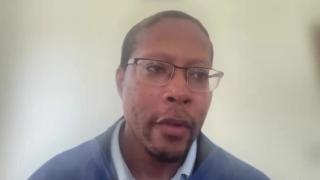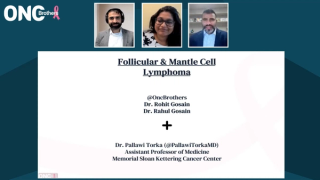
Lymphoma
Latest News
Latest Videos

CME Content
More News

The FDA has set a Prescription Drug User Fee Act date in the first quarter of 2025 for the potential approval of acalabrutinib in previously untreated MCL.

Nausheen Ahmed, MD, discusses the FDA REMS mandate to help assess toxicity in patients receiving CAR T-cell therapy.
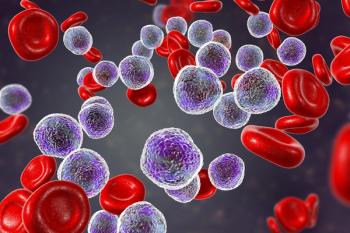
Complete responses were observed in a small cohort of patients with DLBCL who have previously received autologous CAR T-cell therapy.

Treatment with valemetostat yields responses across all PTCL subtypes in the phase 2 VALENTINE-PTCL01 trial.

Efficacy, safety, time, and cost were all factors assessed between subcutaneous and intravenous rituximab for patients with non-Hodgkin lymphoma.

The European Commission’s decision represents the first regulatory approval of odronextamab for patients with follicular lymphoma or DLBCL.

Brentuximab vedotin plus chemotherapy significantly improved HRQOL in both pediatric and young adult patients with high-risk Hodgkin lymphoma.

The approval of epcoritamab may impact treatment options in the R/R follicular lymphoma space, according to Tycel Phillips, MD.

Conditional marketing authorization for epcoritamab in the European Union is based on findings from the phase 1/2 EPCORE NHL-1 trial.

In Japan, liso-cel recently received approval for patients with previously treated relapsed/refractory follicular lymphoma.
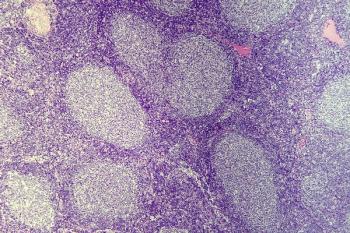
Developers plan to submit a sBLA for tafasitamab in relapsed/refractory follicular lymphoma based on data from the inMIND trial.

Targeting multiple survival pathways simultaneously with ViPOR may be effective in specific molecular subtypes of relapsed/refractory DLBCL.
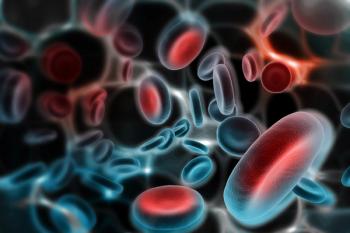
Reduction of long-term survival following CAR T-cell therapy associated with late infections and SMN development was observed, especially in elderly patients.

After a complete response letter and a subsequent biologics license application resubmission, denileukin diftitox has been approved by the FDA.
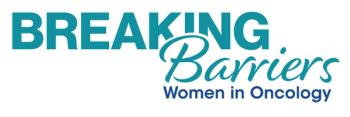
“Sometimes you have to be a little more assertive and a little louder, and you have to step up to the front,” Julie M. Vose, MD, MBA, said.

The drug developers of tabelecleucel are seeking approval of the treatment for patients with EBV-positive post-transplant lymphoproliferative disease.

Leaders from the lymphoma space highlight the importance of mentorship in establishing their careers and impart advice to women looking to advance theirs.

Michael Wang, MD, spoke about the recent liso-cel approval in mantle cell lymphoma and the TRANSCEND trial.

Bispecific antibodies including epcoritamab have “a lot of potential for upward mobility” in lymphoma, according to Tycel Phillips, MD.
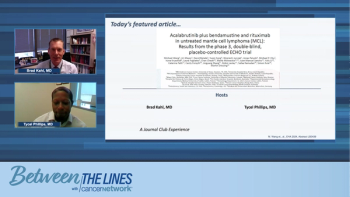
Medical experts evaluate unmet needs, key insights from the Phase 3 ECHO trial, and potential obstacles in integrating the findings into existing treatment protocols.

Medical experts analyze and provide insights on safety findings from the Phase 3 ECHO trial, offering their professional interpretations of the data.
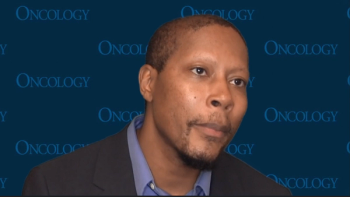
All patient populations benefitted from glofitamab in a phase 1/2 trial, but the design excluded capture of high-risk features present in similar studies.
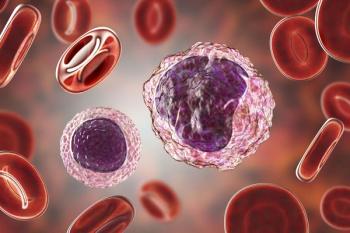
Findings from ELM-1 and ELM-2 support the positive opinion for odronextamab as a treatment for relapsed/refractory follicular lymphoma and DLBCL.
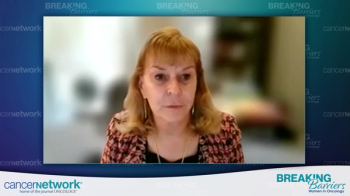
Julie M. Vose, MD, MBA, and Avyakta Kallam, MD, highlighted research advances in the lymphoma field they’ve witnessed throughout their careers.
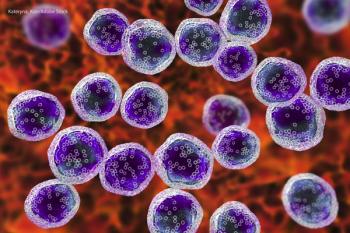
The European Commission is expected to decide on approving epcoritamab in relapsed/refractory follicular lymphoma later in 2024.


